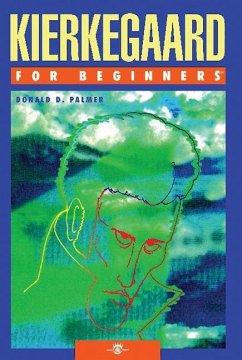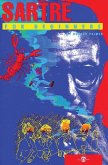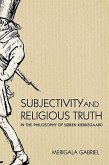The Danish philosopher Soren Kierkegaard was one of the most original thinkers of the nineteenth century - and one of the most enigmatic men who ever walked the earth. Philosophically, Kierkegaard was the "bridge" that led from Hegel to Existentialism. Kierkegaard abhorred Hegel's abstract, know-it-all idealism that tried to capture reality in a few words. Kierkegaard's attack on social and religious complacency and his single-handed assault on traditional Western philosophy generated a crisis that produced a radically new way of philosophizing and made him the founder of the school that would later be called Existentialism. To Kierkegaard, reality was personal, subjective - it began and ended with the individual - and philosophy was not something one merely talked about, it was the way you lived. For such a brilliant thinker, the way Kierkegaard lived was ... somewhat too interesting. His "abstract" love affair? His obsession with death? His "Leap of Faith", his cynicism, his marvellous sense of humor - how do you put all that into one man?
Hinweis: Dieser Artikel kann nur an eine deutsche Lieferadresse ausgeliefert werden.
Hinweis: Dieser Artikel kann nur an eine deutsche Lieferadresse ausgeliefert werden.








